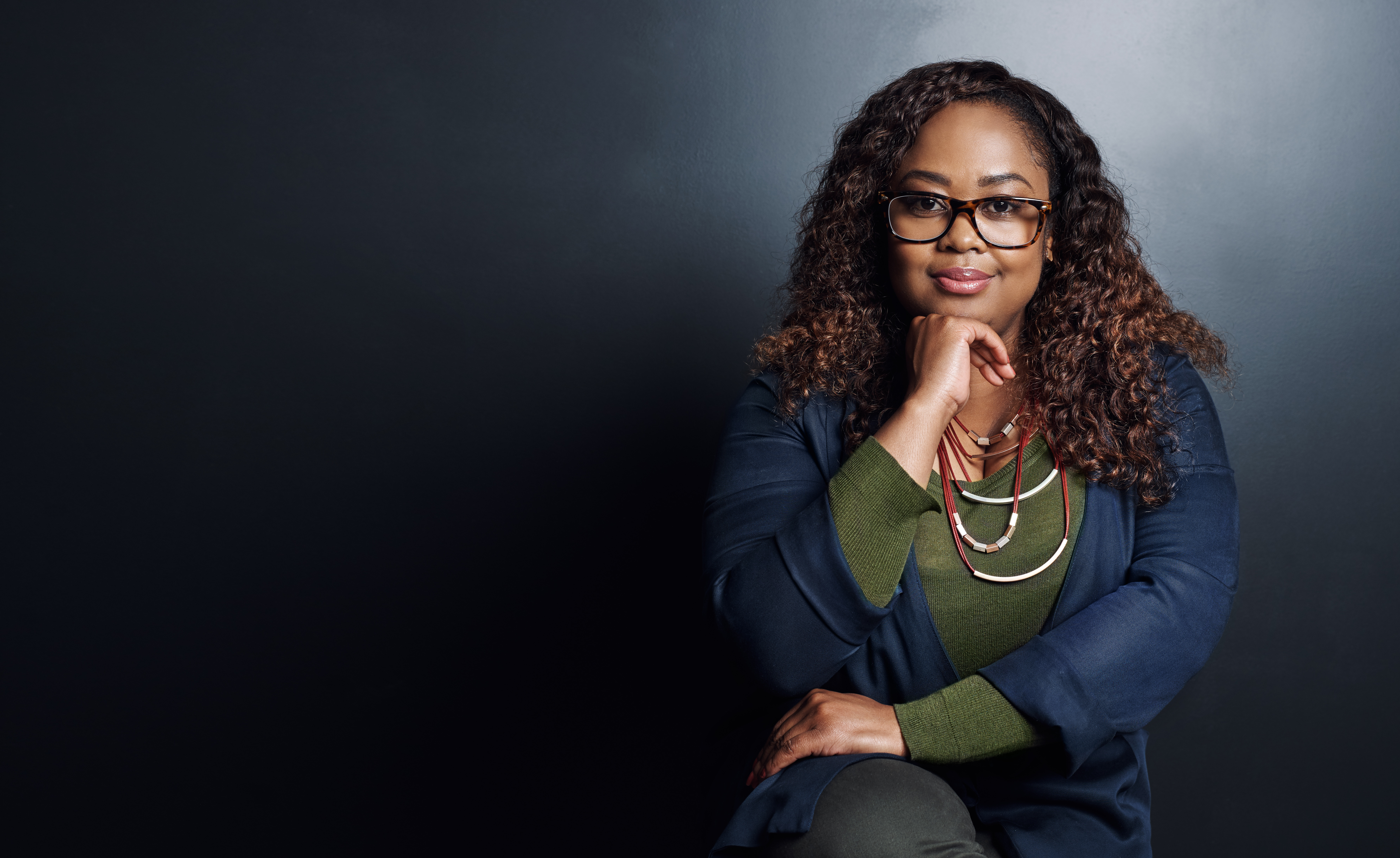
Blog article on how the Creative Director of Beloise Couture in Nigeria used Covid-19 to fashion a new opportunity for training young women.
Oisetohanmen “Omon” Isinugben is the Creative Director of Belois Couture, a fashion brand based in Abuja Nigeria. Belois Couture launched in 2012 and marketed fashion items through retail stores, sometimes selling in ‘popup’ shops in the US. In 2014, Omon was the first winner of the Multichoice Nigeria Fashion Protégé Competition, winning a trip to London to a Fashion Weekend. This was a turning point in the development of Omon’s fashion career, something she describes as her “exponential growth”.
In 2018, Omon transitioned to online marketing. Her move was very successful, business was booming and this encouraged her to expand the production of her much sought after collections.
It was at this critical point that Covid lockdown struck and this dealt her business a severe blow. Belois was forced to make some very painful decisions. These included:
- Letting some staff go because of lack of work;
- Reducing the number of machines in the manufacturing process; and
- Abandoning the bespoke garment market temporarily.
However, the company also saw that the lockdown could be used advantageously and therefore they made some positive adjustments. These included:
- Streamlining the product line;
- Focusing on the online business; and
- Introducing Covid-essential products.
The Innovation
It was paramount for the company to survive and move forward. Therefore, key actions had to be taken:
- Sustain the business; and
- Support the vulnerable and those most affected.
As the company is involved in design for the fashion-conscious, and has skills and expertise to develop patterns, they decided to produce attractive, yet effective face masks. It was also the perfect opportunity to provide temporary and possibly full-time training and employment to a few young women who had been displaced by violence, riots and war.
As soon as there was a relaxation of lockdown regulations, Omon started recruiting potential trainees. There already was an existing training programme, but the need to make face masks provided an ideal training ground. It was an easy, revenue-producing item. Omon could reduce training time and embed critical, basic dressmaking skills.
Currently, Belois is training one person and has plans to train two more people. The trainees will continue to make face masks as required by the market.
The highs and lows
The biggest challenge was to re-focus the business as the sales of bespoke garments reduced. Many other challenges included some of the following:
- Getting the pattern and the production of masks correct and ready for sale;
- Staying focused on mask production and introducing new products to enable profit;
- Even with a more mobile market, there is low production capacity while demand for products is high;
- The training programme is effective, but trainees need enough experience to work on more complex designs. Access to experienced dressmakers remains a problem;
- Belois operates in a high-end, quality-conscious market. Standards are exacting and the business needs to ensure that these standards are in place for future expansion;
- Access to funding, to sustain the business during the transition and for revenue-producing activities, remains a challenge in the country as a whole.
One of the positive spin-offs of the pandemic for Belois and many other companies in Nigeria, is the local sourcing of materials and supplies. As imports were not an option, Belois has built a network of local vendors and it has, in the process, learned so much about the resourcefulness within Nigeria to innovate, create and supply.


